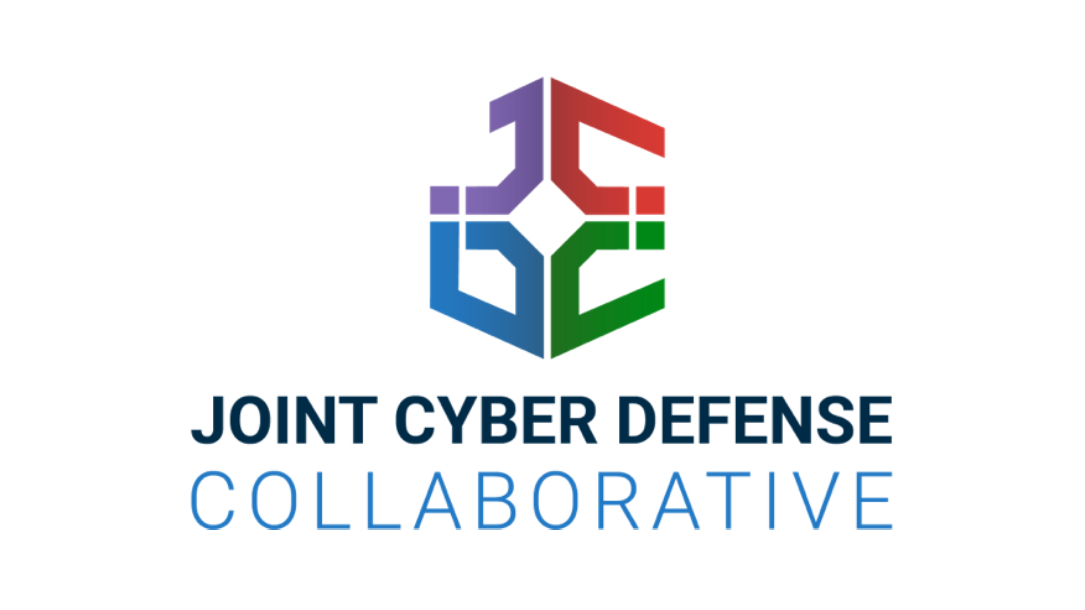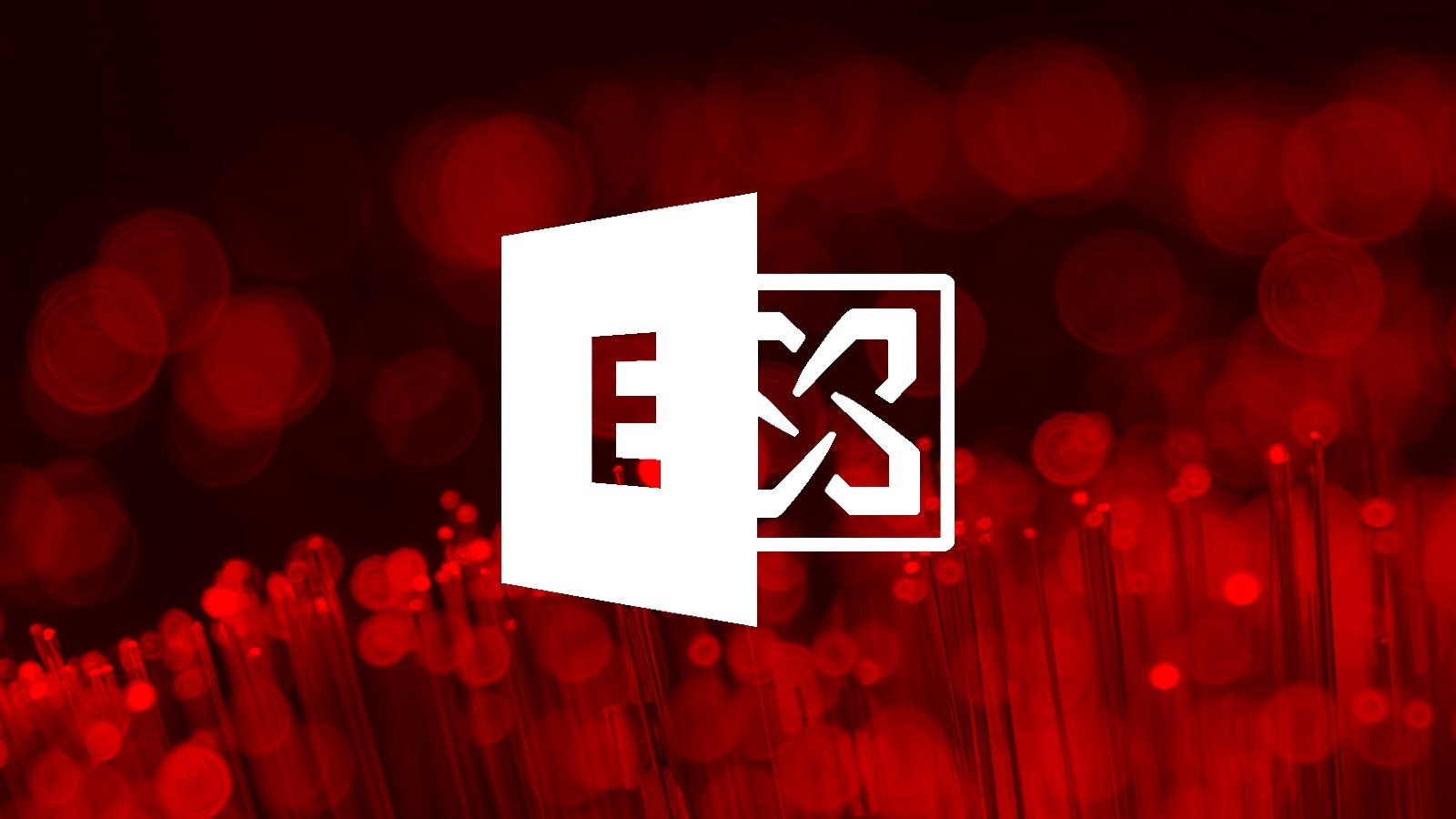Following the posting of an alleged database of customer information on a hacker forum, Target is denying that the data being sold on the dark web is current and says that the information was not taken directly from its systems.
The CISA’s Joint Cyber Defense Collaborative (JCDC) will be focusing this year on beefing up security in the energy sector and leading the effort to update the National Cyber Incident Response Plan, according to the body’s planning agenda.
ProvenDB has been at the forefront of developing secure storage, leveraging blockchain technology that adds a layer of security to prevent data tampering or alteration of documents.
The Internet Systems Consortium (ISC) has released patches to address multiple security vulnerabilities in the Berkeley Internet Name Domain (BIND) 9 Domain Name System (DNS) software suite that could lead to a denial-of-service (DoS) condition.
The DEV-0569 threat actor was found abusing Google Ads in ongoing advertising campaigns to deploy malware, exfiltrate victims’ passwords, and breach networks for ransomware attacks. Some of the top programs impersonated by adversaries are Rufus, 7-Zip, FileZilla, LightShot, AnyDesk, LibreOffice, VLC, Awesome Miner, WinRAR, and TradingView.
Move over Lockbit, there’s a new ransomware-as-a-service (RaaS) player in town attacking the education sector—and its name is Vice Society. Vice Society is believed to be a Russian-based intrusion, exfiltration, and extortion group.
The websites of German airports, public administration bodies, and financial sector organizations have been hit by cyberattacks instigated by a Russian “hacker group”, authorities said Thursday.
Businesses not registered with the Singapore SMS Sender ID Registry by January 31 will have their messages labelled as “Likely-SCAM”, as the country rolls out more measures to combat online scams.
Two hacking breaches – one at a non-profit provider mental health and substance treatment services and the other at a provider of behavioral health services – affected sensitive information of nearly 400,000 individuals.
Microsoft urged customers today to keep their on-premises Exchange servers patched by applying the latest supported Cumulative Update (CU) to have them always ready to deploy an emergency security update.









